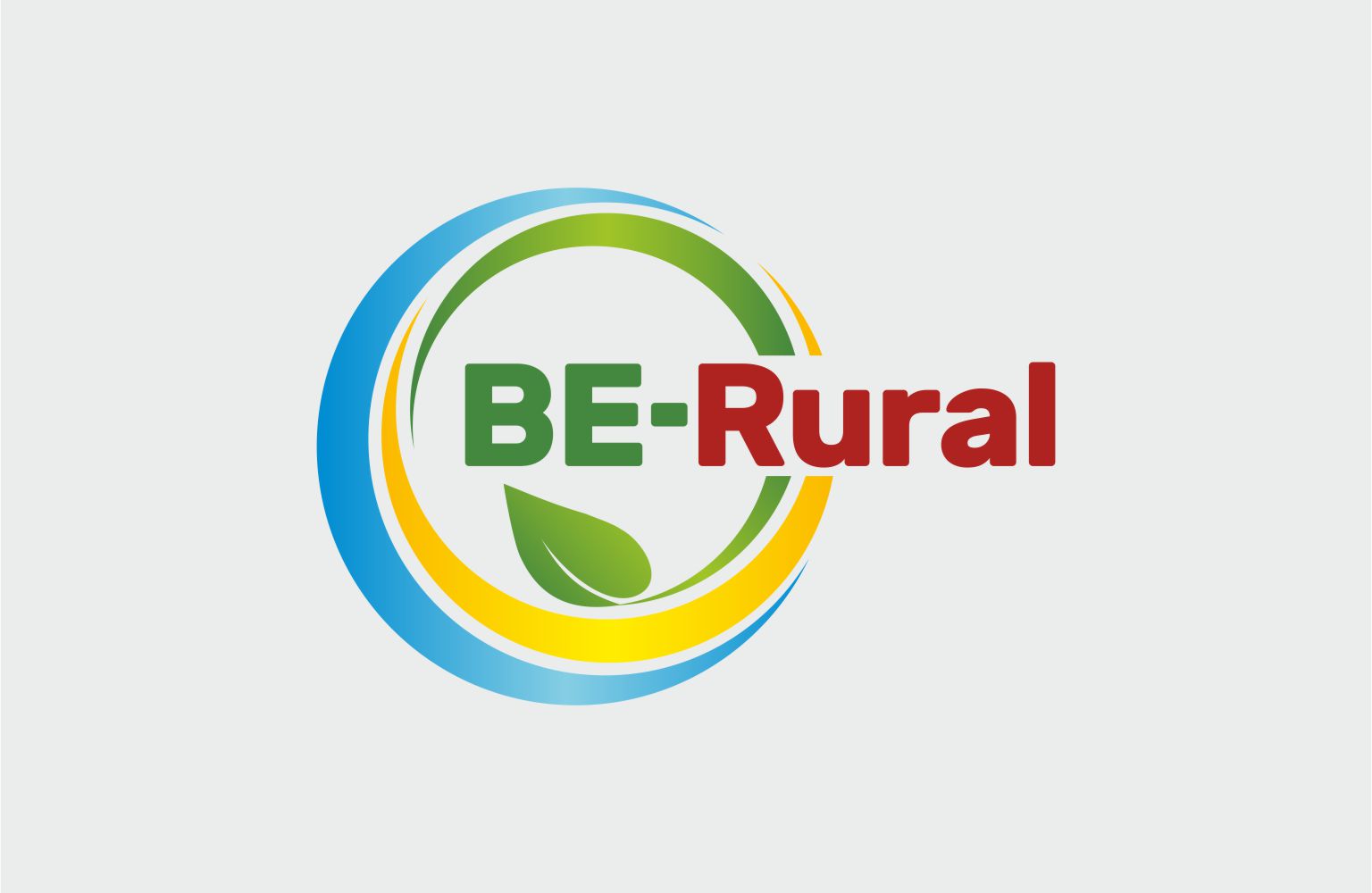The European project BE-Rural (Bio-based strategies and roadmaps for enhanced rural and regional development in the EU) sheds additional light on the bioeconomy and its processes
The BE-Rural project (https://be-rural.eu/) is a 3-year project funded by the European Union's Horizon 2020 research and innovation program. It explores the potential of regional and local economies based on biological resources and supports the development of bioeconomy strategies, roadmaps and business models. For this purpose, the project focuses on the creation of Open Innovation Platforms (OIPs) in selected regions in five countries: Bulgaria, Latvia, Northern Macedonia, Poland and Romania.
Bulgarian Industrial Association implements project activities in Bulgaria, focusing on the region of Stara Zagora, where there is an abundance of biomass (the core of the bioeconomy) and many resources that can be used in bioeconomy processes, such as essential oilseeds, (rose, lavender, mint, etc.), herbs, orchards, vines, fodder, cereals and vegetables.
At the heart of BE-Rural is the broad involvement of the local academic community (university, high schools and students), research, business, politicians and civil society. In order to attract them and participate in project activities to promote understanding and interest in the development of regional bioeconomy, a number of events are organized (educational seminars, summer school for bioeconomics, webinars and pop-up stores with bioeconomy products). The pandemic has so far prevented a "pop-up store" in Bulgaria, but it is planned to take place in Stara Zagora in the spring of 2022.
Stakeholders from Stara Zagora District also participate in the discussion of the regional potential, the development of successful business models, strategy and plan for the development of the bioeconomy.
One of the interesting materials of the project, developed with the help of partners from Germany and Scotland, is a Handbook for regional and local bio-based economies, which in addition to useful information on the bioeconomy, covers a number of examples and opportunities for using biomass in regional bioeconomy and impacts on the sustainability of the bioeconomy. The manual is available at the Bulgarian Industrial Association.
What is the bioeconomy?
The term "bioeconomy" means an economy that uses terrestrial, river and marine biological resources and waste as raw materials for the production of food, feed, industrial goods and energy.
Its guiding principle is that of the circular economy. The circular economy is a model of production and consumption that minimizes waste with the idea of reducing the impact on the environment. And the bioeconomy turns organic waste, residues from agricultural and forestry production, industrial processes and food waste, into valuable and safe products on a biological basis.
It is an innovative area that covers all sectors and systems that rely on biological resources, such as agriculture and forestry, fisheries, food production, pulp and paper, as well as some aspects of the chemical, biotechnology and energy industries. The bioeconomy involves the replacement of petroleum and non-renewable materials with biological ones, and bio-waste has significant potential as a substitute for chemical fertilizers and for conversion into bioenergy.
The bioeconomy could face some of the most pressing challenges today, such as the scarcity of natural resources, climate change, global population growth and biodiversity loss.






